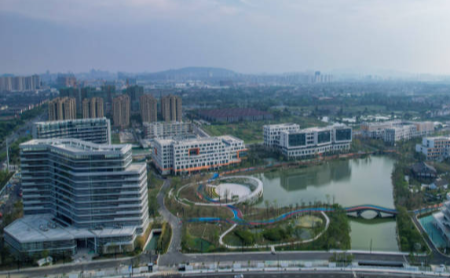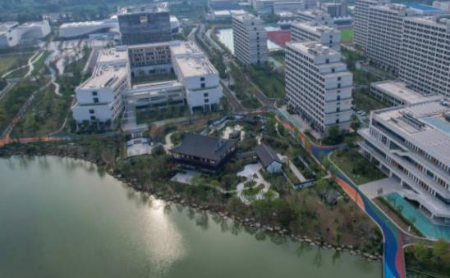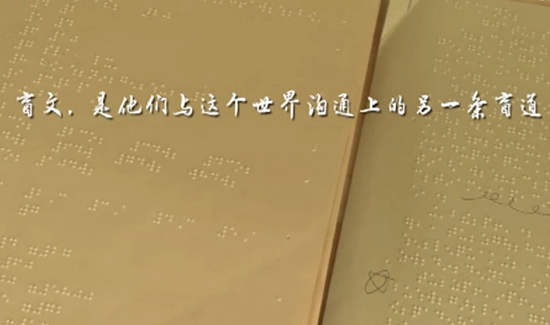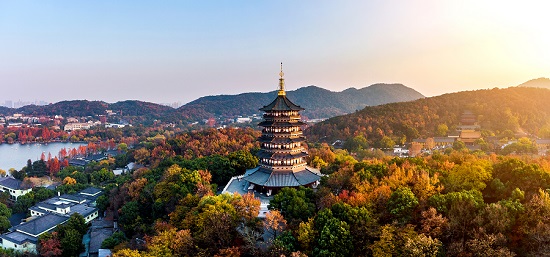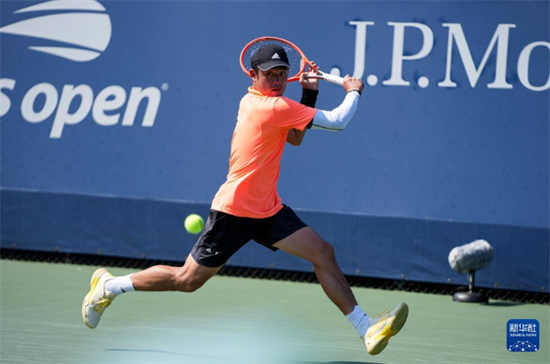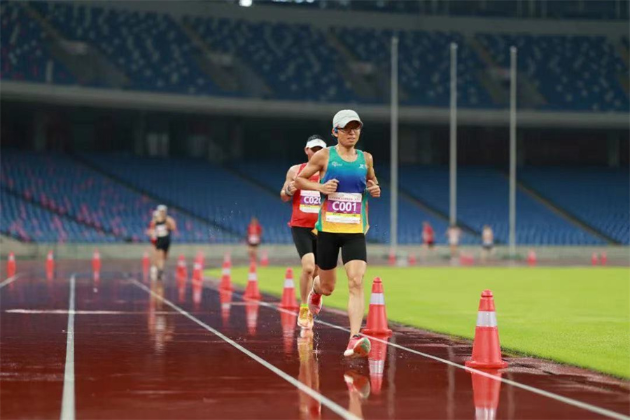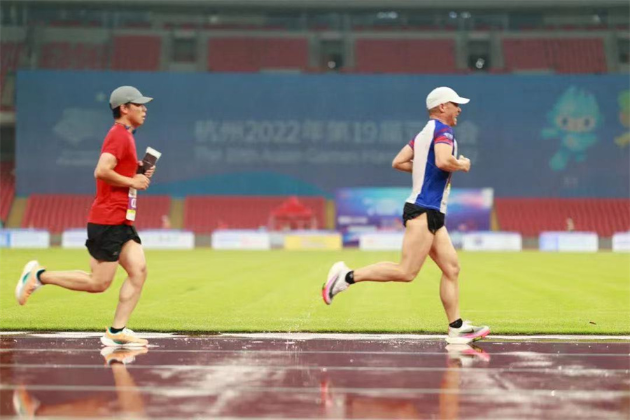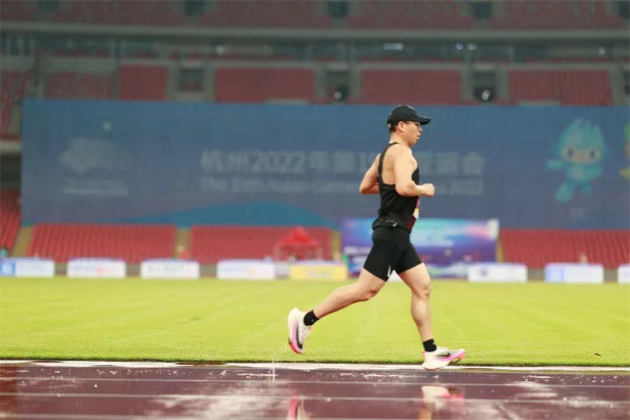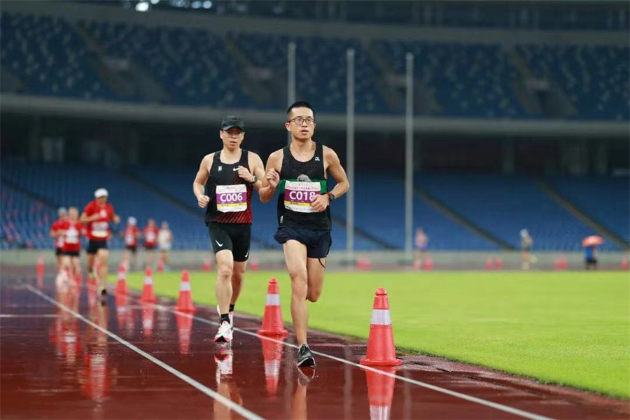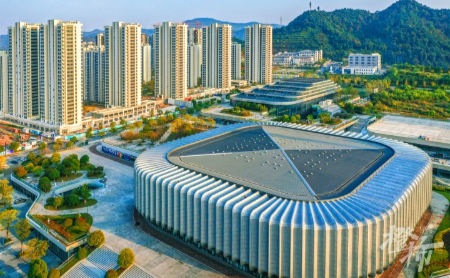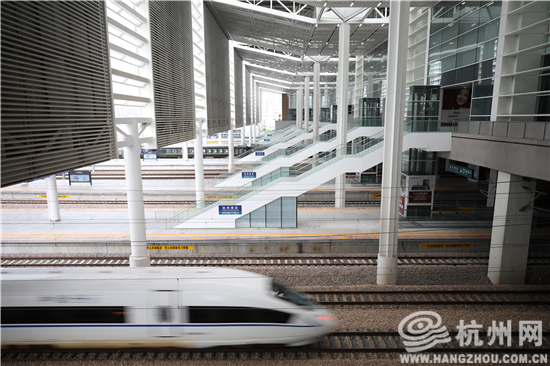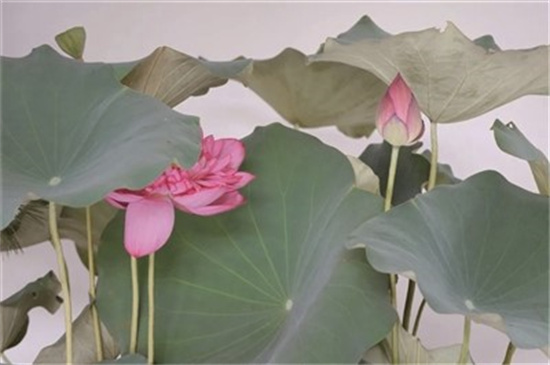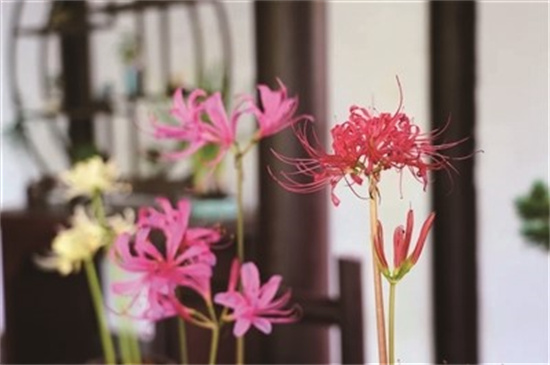East China’s Zhejiang province has seen rapid advances and significant transformation in several areas over the last 10 years, according to a top provincial official.
Zhejiang’s gross domestic product reached over 7.35 trillion yuan ($1.06 trillion) in 2021, ranking fourth among provincial-level regions in China. Its per capita GDP topped 113,000 yuan, marking an average annual increase of 7.1 percent in the past decade, Yuan Jiajun, Party secretary of Zhejiang, said on Tuesday at a news conference in Hangzhou, the provincial capital.
The income of Zhejiang’s urban and rural residents more than doubled during the period, Yuan said. Last year, the per capita disposable income of urban residents and rural residents stood at 68,487 yuan and 35,247 yuan, respectively.
Zhejiang’s urbanization rate grew in the past 10 years from 63.2 percent to 72.7 percent, and the income ratio between urban and rural residents decreased from 2.37 to 1.94, he said.
In May last year, Zhejiang became a demonstration zone for common prosperity, characterized by a more equal distribution of wealth among its residents. For several years, the province has been making efforts for balanced development between its more developed coastal areas and poorer mountainous areas.
Currently, 30.6 percent of households in Zhejiang have an annual disposable income of 200,000 to 600,000 yuan, a common indicator of middle-income families. The figure is expected to increase to 45 percent by 2025.
Zhejiang’s robust and high-quality development has been driven by strong growth in its digital economy, particularly in the past five years, Yuan said. The province’s digital economy accounted for 48.6 percent of its total GDP last year.
“Reform is always the key,” Yuan said at the news conference. A series of measures to streamline the administrative processes, dubbed the “At Most, One Visit” campaign, has further improved Zhejiang’s governance and business environment, and the ongoing digital reform will inject more vitality into its overall development.
The total number of market entities in Zhejiang currently stands at 9.06 million, up 7.3 percent year-on-year, according to provincial statistics published on Monday. This means one in every seven Zhejiang residents is now a business owner.
The province’s natural environment has also seen steady progress, and public satisfaction with the environment has risen for 10 consecutive years.
People in Zhejiang now have easier access to medical care and public education, Yuan said. “After 10 years of improvement and progress, the people of Zhejiang are now living a more prosperous, happy and meaningful life.”

